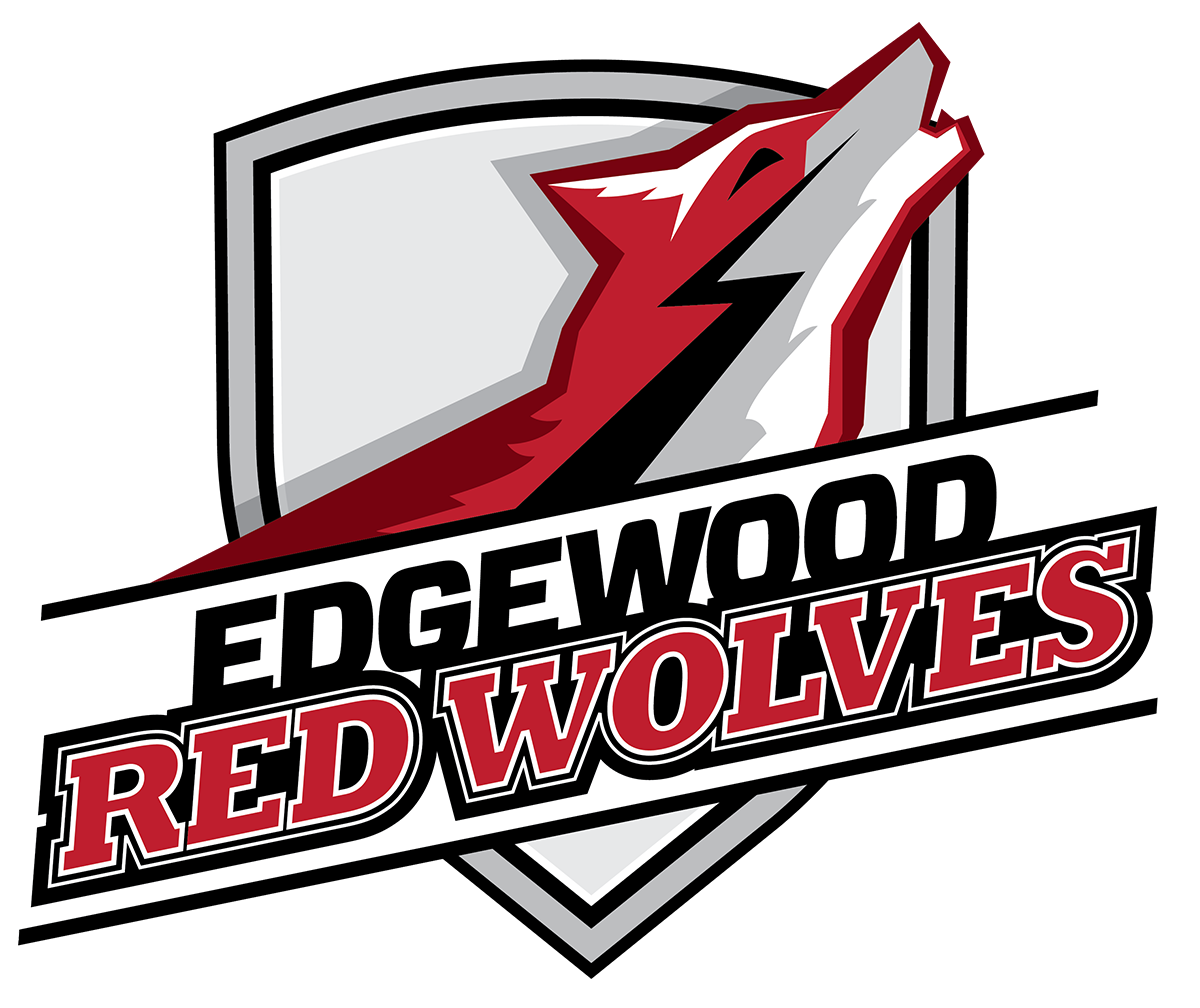Service Learning
Service Learning Summary and Log
Service Learning Reflection Paper
The following is a .PDF for printing and submission to the student's homeroom teacher. It is due near the end of the year OR whenever a student's service learning is complete for the year.
Service Learning Information
This year has brought a few changes to Service Learning, you can find the most up-to-date information on the district link.
Middle School:
All students will need to complete 25 hours of service learning per year in 7th grade and 8th grade. They will still need to complete the proposal and reflection.
High School:
Students will need to complete 100 total hours throughout the entirety of their high school career. While it is permissible to complete all 100 hours in a single academic year, we encourage Best Practices with regards to service learning. There will be a mandatory parent conference for any student who does not have 50 high school hours by the end of sophomore year.
*Best Practices are a sustained commitment to service or work with a variety of experiences. Sustained means a certain number of hours (i.e., 25 per year). All development and documentation of services performed, and evaluation of the service learning project are the responsibility of the student. Signature of the parent indicates review and approval of this proposal and activities. Transportation to and from outside agencies is the responsibility of the parent.
From the Bright Futures Handbook –
“Service Hours Each district school board and the administrators of a nonpublic school must establish approved activities and the process for documentation of service hours including the deadline by which service hours must be completed. Service hours may include, but are not limited to, a business or governmental internship, work for a nonprofit community service organization, or activities on behalf of a candidate for public office. Except for credit earned through service-learning courses, the student may not receive remuneration or academic credit for the service work performed. The hours must be documented in writing, and signed by the student, the student's parent or guardian, and a representative of the organization. Additionally, the student must identify a social or civic issue or professional area, develop a plan for personal involvement in addressing the issue or learning about the area, and through papers or other presentations, evaluate and reflect upon the experience.”
Tips
Be flexible. It is rare to find the “perfect” fit right away. Keep an open mind—you might discover something new that interests you.
Be persistent. Volunteer coordinators are often busy, so don’t assume they’re not interested in you if they don’t call you right away.
Attend orientation meetings. Keep in mind that informed volunteers are the best volunteers. These meetings will help you do the best job possible.
Take necessary training classes. Ask about them before you decide to get involved and be prepared to learn what will be needed.
